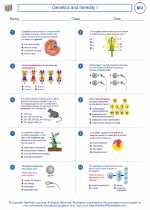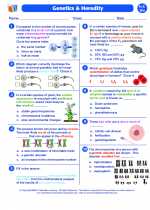Burrows: An Overview
A burrow is a hole or tunnel dug into the ground by an animal for habitation, shelter, or as a place to store food. Burrows can vary in size and shape depending on the species of the animal and its specific needs. Many different types of animals create burrows, including mammals, reptiles, birds, and insects.
Functions of Burrows
Burrows serve several important functions for animals, including:
- Protection: Burrows provide a safe and secure place for animals to seek protection from predators, extreme temperatures, and harsh weather conditions.
- Shelter: Burrows serve as a shelter for animals to rest, raise their young, and carry out various activities without being exposed to the elements.
- Storage: Some animals use burrows to store food, such as nuts, seeds, or prey, for later consumption.
- Regulation of Body Temperature: Burrows can help animals regulate their body temperature by providing a cooler or warmer environment as needed.
- Reproduction: Many animals use burrows as a safe environment to nest, lay eggs, or give birth to their young.
Types of Burrowing Animals
There are numerous animals that are known for their burrowing behavior, including:
- Mammals: Examples include rabbits, groundhogs, prairie dogs, and burrowing owls.
- Reptiles: Some snakes, such as gopher snakes, and certain species of turtles are known to create burrows.
- Insects: Ants, termites, and some beetles are well-known for their burrowing activities.
- Birds: Certain bird species, like kingfishers and puffins, create burrows for nesting and raising their young.
Study Guide
Here are some key points to remember when studying the topic of burrows:
- Define what a burrow is and describe its functions for animals.
- Discuss the different types of animals that create burrows and provide examples of each.
- Explain the importance of burrows for animal survival and behavior.
- Explore the adaptations that animals have for burrowing, such as specialized claws, digging behavior, and burrow architecture.
- Compare and contrast the characteristics of burrows created by different animal species.
Understanding the role of burrows in the lives of various animals is an important aspect of ecology and animal behavior. By studying burrows, we gain insights into how animals interact with their environment and adapt to specific ecological niches.
.◂Biology Worksheets and Study Guides High School. Genetics and heredity I

 Worksheet/Answer key
Worksheet/Answer key
 Worksheet/Answer key
Worksheet/Answer key
 Worksheet/Answer key
Worksheet/Answer key
 Vocabulary/Answer key
Vocabulary/Answer key
 Vocabulary/Answer key
Vocabulary/Answer key
 Vocabulary/Answer key
Vocabulary/Answer key
 Vocabulary/Answer key
Vocabulary/Answer key
 Vocabulary/Answer key
Vocabulary/Answer key
 Vocabulary/Answer key
Vocabulary/Answer key
 Vocabulary/Answer key
Vocabulary/Answer key
